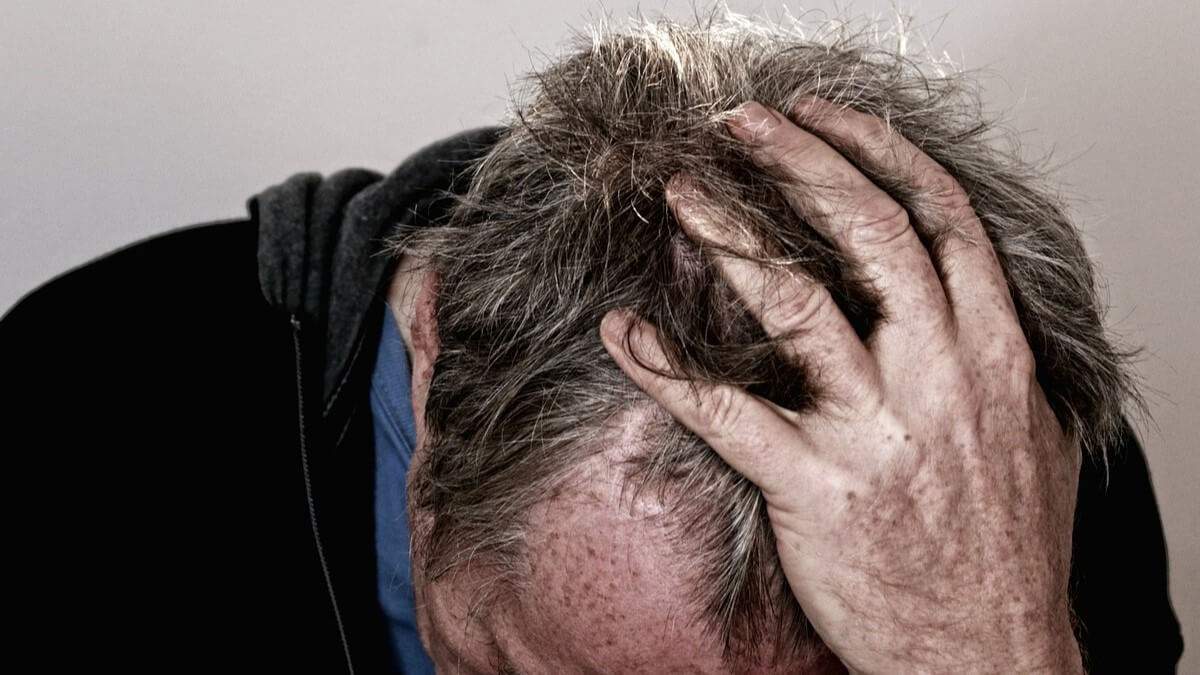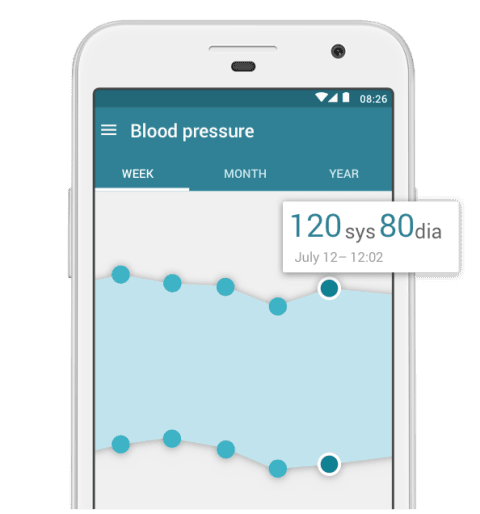High blood pressure, also known as hypertension, is responsible for half a million deaths each year in the US alone. This disease, ominously referred to as the silent killer, can remain undetected in patients until an event such as a hypertensive crisis occurs. In some cases, it can be too late. That is why education about this often-overlooked condition is critical. Understanding hypertension, the risk factors, and the signs can be lifesaving.
Hypertension:
Put simply, hypertension occurs when the force of the blood running through the arteries is too high. So high that it can often lead to serious health issues if left untreated. Unfortunately, unlike with other diseases, there is not usually an identifiable pain in an organ or part of your body to tip you off that you should go see a doctor.
The good news is that if you do go see a doctor, it is extremely easy to diagnose high blood pressure. It is as simple as taking a blood pressure reading, a process that takes less than a minute. Starting at the age of 18, you should ask your doctor to take your blood pressure at least every two years if they are not already. However, if you have been diagnosed with high blood pressure or are at high risk of developing it, your doctor may recommend that you have it checked more frequently.
Though symptoms occur rarely, there are symptoms you should be aware of that could signal hypertension. If you experience headaches, shortness of breath, or nosebleeds, you should speak with your doctor. However, since these symptoms are not specific, you should not panic, as they just as easily could be linked to any number of non-life-threatening conditions.
Hypertensive Crisis:
A hypertensive crisis occurs when your blood pressure spikes to a dangerous level. This usually occurs in people who already have hypertension along with another medical event that leads to a spike. These spikes can be a result of anything from forgetting to take blood pressure medication to kidney failure. They can be deadly. If you experience any of the following symptoms, you may be experiencing a hypertensive crisis.
- Seizures
- Severe anxiety attack
- Blurred vision
- Severe headache
- Severe chest pain
If you experience any of these symptoms, especially if you are at risk for hypertension, you should seek immediate medical attention. Upon receiving medical attention, assuming you are experiencing a hypertensive crisis, your doctor will determine whether it is classified as urgent or an emergency.
An urgent hypertensive crisis is one where your blood pressure has reached extreme levels but has not caused organ damage. If organ damage has been caused, it is then classified as an emergency. Either way, your doctor will then determine the next steps. Typically, this will involve an IV with medications to lower blood pressure. If any organ damage has occurred, your doctor will determine the appropriate treatment based on the organ(s) affected.
Risk Factors and Causes of Hypertension:
When discussing the causes of hypertension, the first important point to make is that there are two unique forms of the condition. The first type, known as primary hypertension, has no identifiable cause and tends to develop over time. This means that regardless of physical health, the older you are, the more you should pay attention to your blood pressure. The other kind of high blood pressure, known as secondary hypertension, is usually caused by an underlying condition. Oftentimes, this type of hypertension also leads to higher blood pressure than primary hypertension. This means it has the potential to be even more dangerous.
These are some of the conditions that can lead to the development of secondary hypertension:
- Diabetes
- Kidney disease
- Glomerular disease
- Amphetamine misuse
- Thyroid problems
- Coarctation of the aorta
- Cushing syndrome
- Sleep apnea
- Obesity
If you are affected by any of the above conditions you should keep a close eye on your blood pressure, as you are at a higher risk of developing secondary hypertension.
Treating Hypertension and Preventing a Hypertensive Crisis:
If you’ve been diagnosed with primary or secondary hypertension, the first thing to consider is what lifestyle changes you could make. Regardless of the severity of your hypertension, and even if you are also prescribed medication, the following lifestyle changes can have a positive impact. Making these lifestyle changes, along with following your doctor's recommendations can greatly reduce the risk of complications related to hypertension such as a hypertensive crisis.
- Consume less salt (less than 6g per day)
- Switch to a low-fat diet and eat fruits and vegetables (click here for dieting tips)
- Lead an active lifestyle
- Drink less alcohol
- Reduce caffeine intake
- Quit smoking
- Lose weight if you’re obese/overweight
If you’re older, or your high blood pressure is more severe, a doctor may prescribe medications. There is a wide range of medications used to manage blood pressure, such as beta-blockers, for a more complete list of medications, click here.
Hypertension and the associated events, such as hypertensive crisis should not be taken lightly. Hypertension is referred to as “the silent killer” with good reason and regardless of how healthy you feel, you should bear in mind that you could be affected. Patients diagnosed with hypertension can have a very positive outlook, but it’s important to diagnose it so proper steps can be taken.
Here are some more articles we think you might be interested in:



